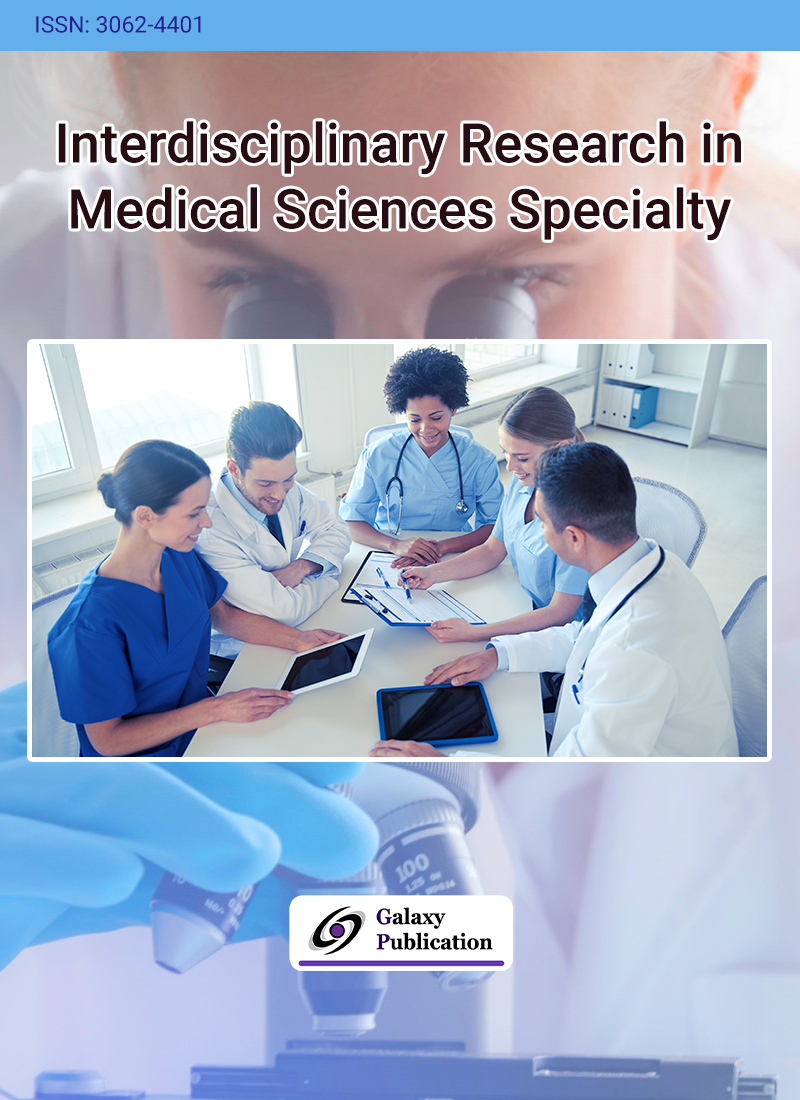
Years ago, a link was established between defective immune responses and diabetes. Notably, guidelines for diabetic patients' vaccines acquire substantial significance because of their vulnerability to infection consequences. It is interesting to note that recently there has been a greater understanding of the critical role that Saccharomyces cerevisiae (S. cerevisiae) plays as a probiotic in boosting the host immune response. Therefore, 40 rats were randomly assigned to four groups to examine the histological and immunohistochemical effects of Saccharomyces probiotics on the spleens of diabetic male Albino rats following the immunization of the influenza vaccine. These groups included healthy negative controls (C group), positive controls who received an injection of 40 mg/kg Streptozotocin (STZ) to induce diabetes disease (G1 group), and two separate groups that received an injection of STZ and were either immunized with 0.5 ml influenza vaccine only (G2 group) or immunized with influenza vaccines and given 11.2 mg/kg of Saccharomyces probiotics orally (G3 group). The spleen of the G3 group showed a slight improvement in histological changes when compared to the G2 and G1 groups and the C group. While the CD20 marker expression levels showed a significant decrease in the spleen sections of the G3, G2, and G1 groups when compared to the C group, the CD68 marker expressions rose in the spleen sections taken from the G3 group when compared to the G1, G2, and C groups. As a result, this study documents the elimination of the Saccharomyces probiotics' immunomodulatory effect on the spleen's immunological responses to the influenza vaccine.